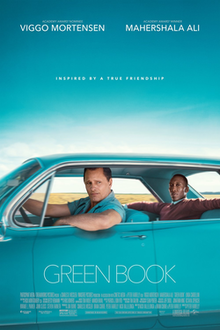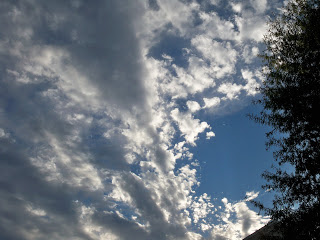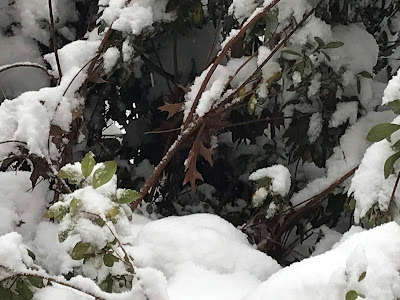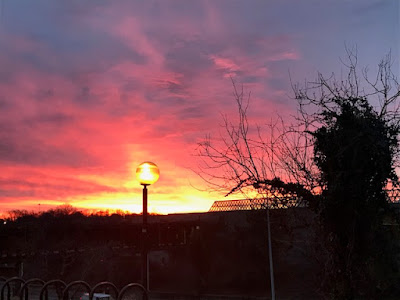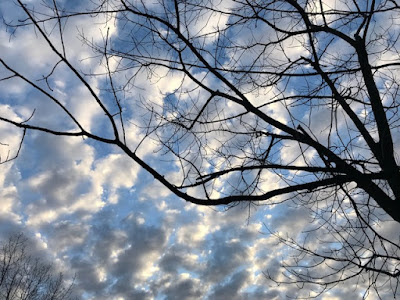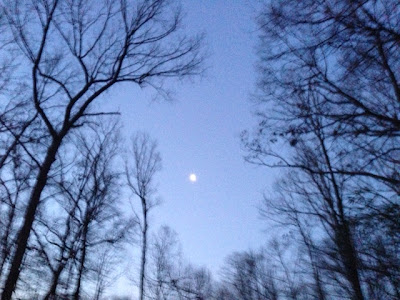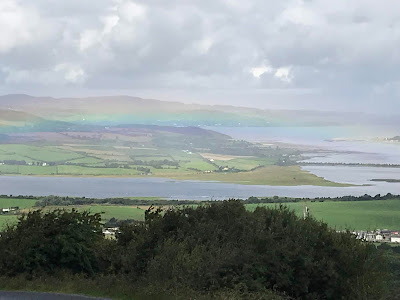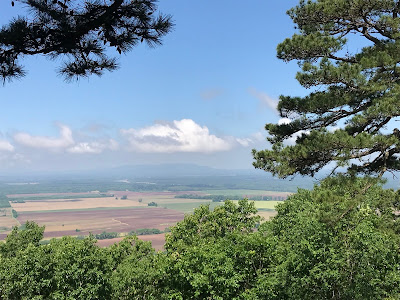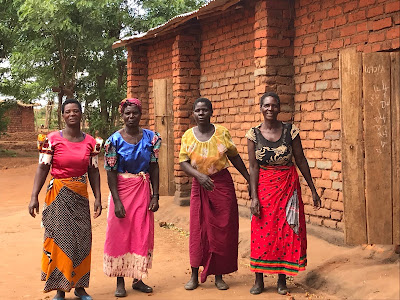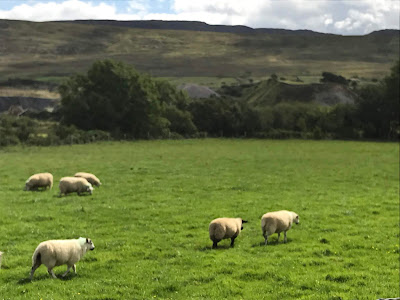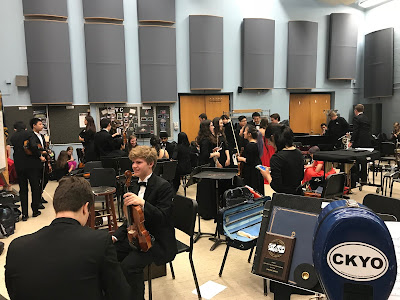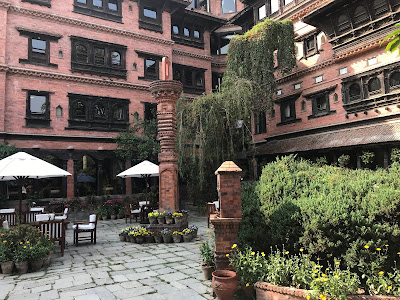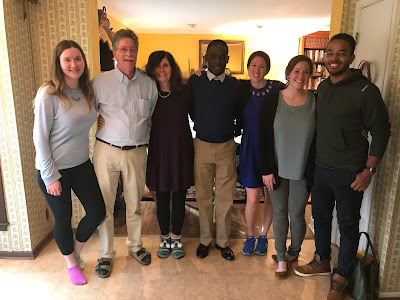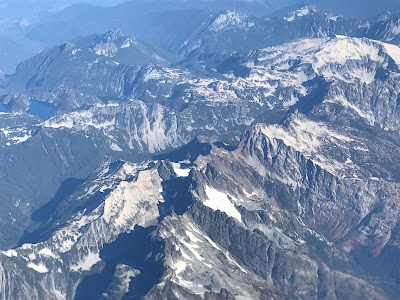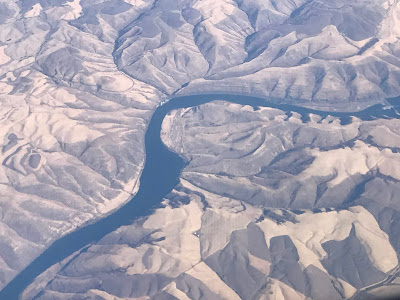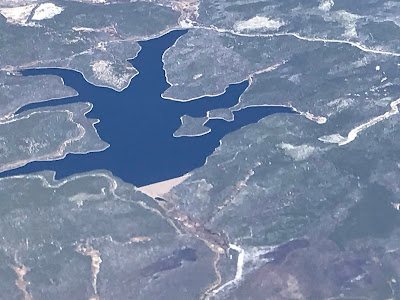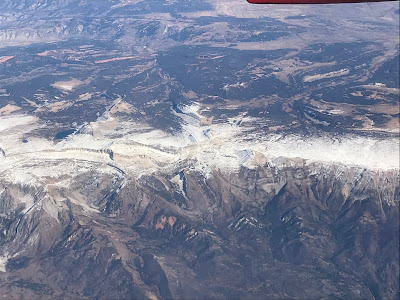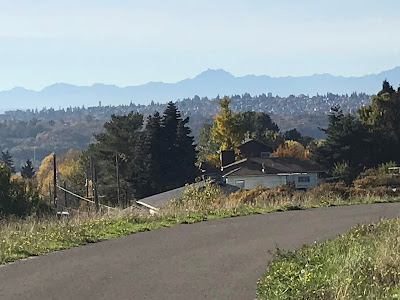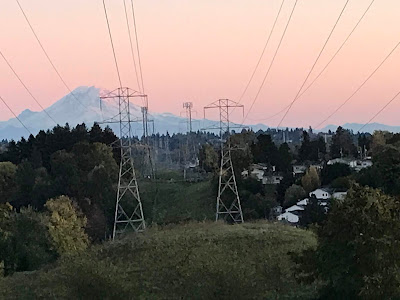“Green Book” and More
Over the weekend, as Virginia’s governor struggled for his political survival, I went to see a movie about race relations in 1962. It was difficult to watch “Green Book” and not understand the intense reactions to Gov. Northam’s yearbook page, which contains a photograph he’s now denying depicted him, with one person in a KKK hood and another in black face.
Northam has been a good governor so far, a rare Democratic moderate willing to work across the aisle. He’s gotten excellent reviews from people of all races. Which is why we should not drive the man from office for this affront. We should judge him by the totality of his actions and not by one unfortunate offense, something which, if it occurred at all, would not have carried the same weight then that it does today.
What I took from “Green Book” was not just the necessity for change but also the need for forgiveness, for learning to see the world from another’s perspective. Both men — the African-American pianist and the Italian-American driver — came to see the hollowness and futility of their positions. Both men changed.
What’s happened now is that we have hardened into such rigid postures that we can’t change; we can’t see the world from other perspectives. There are certain boxes that, once ticked, result in total elimination.
If we keep this up, it will drive even the last good people from the pursuit of public office. We are reaping what we have sown.
(Photo: Wikipedia)
